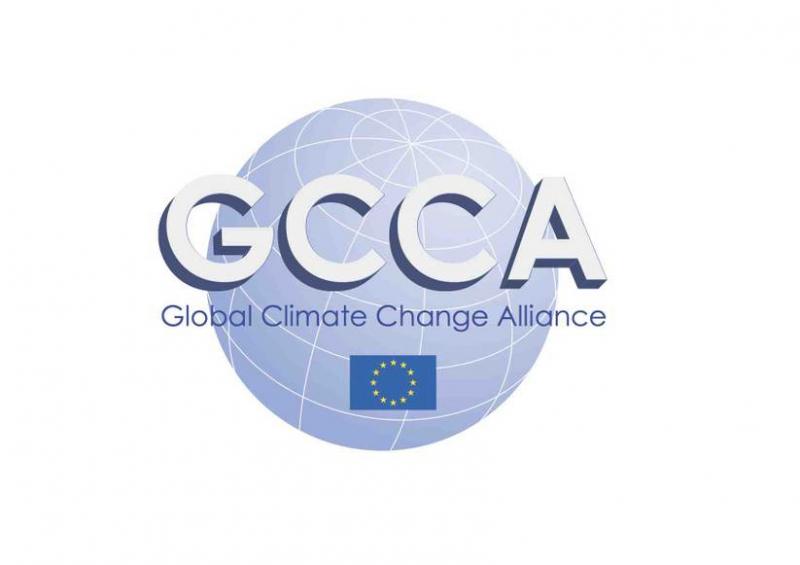The Global Climate Change Alliance is holding its second global event this month, where climate change experts and development practitioners will share experience gained in the field with negotiators working on international climate treaties at the highest level.
Ever since the development of the climate treaty called the United Nations Framework Convention on Climate Change in 1992, signatory countries known as ‘The Parties” have come together every year to review the implementation of the Convention, and make the decisions necessary to promote its effective implementation.
It is this gathering that attendees of the 18 – 20 September GCCA event in Brussels are hoping to inform by sharing their on-the-ground experience and building bridges on areas of common interest.

“We will be extracting lessons learned from our extensive field experience in tackling climate change and passing these on to attending negotiators,” said Sophie De Coninck the European Commission Policy Officer in charge of the GCCA. “We can help make the link between ongoing negotiation streams and what is happening in practice.”
“There is some valuable information out there that if made available can, we think, usefully inform the international climate debate and thereby the new international climate regime,” she added.
Outcomes from the event will feed into a publication to be presented at the next UNFCCC Conference of the Parties in Warsaw in November 2013.
The Brussels event, ‘Informing the International Climate Debate: Experiences from the Global Climate Alliance’, is expected to bring together some 130 attendees for discussions around four key topics:
1)From NAPAs to NAMAs, NAPs, LEDS and DRR strategies* : the role of country-led climate and DRR mainstreaming.
2)Making climate finance effective: strengthening national public financial management and budgetary systems.
3)From forests to sustainable land management: creating synergies between adaptation and reducing emissions from deforestation and forest degradation.
4)Monitoring, reporting and verification: what are the implications for strengthening climate information and national monitoring systems?
The GCCA was set up by the EC in 2007 to strengthen the ability of the world’s least developed countries and small island developing states to adapt to the negative impacts from climate change. These regions are some of those most strongly affected by climate change, yet have some of the most limited resources to deal with the associated challenges.
After six years in operation the GCCA funds some 45 climate change programmes in 35 countries and 8 regions and sub-regions around the world. Climate change experts, development practitioners and negotiators will come together in Brussels to mine experience from these programmes, looking for areas of common interest that can advance the international debate.
The UNFCCC is an international environmental treaty developed at the 1992 United Nations Conference on Environment and Development, otherwise known as the Earth Summit, in Rio de Janeiro, Brazil.
The treaty aims to stabilise greenhouse gas concentrations in the atmosphere at a level that will prevent our dangerous interference with the climate system and at the same time preserve the right to sustainable development.
* National Adaptation Programmes of Actions, Nationally Appropriate Mitigation Actions, National Adaptation Plans, Low-Emission Development Strategies and Disaster Risk Reduction strategies
|
To find out more about the GCCA and this upcoming event, go to the GCCA website, which is also available in French. You can also join us online at the GCCA Community Forum on capacity4dev.eu |
This Voices & Views was submitted by Sarah Simpson, and posted with support from the capacity4dev.eu Coordination Team.

Log in with your EU Login account to post or comment on the platform.